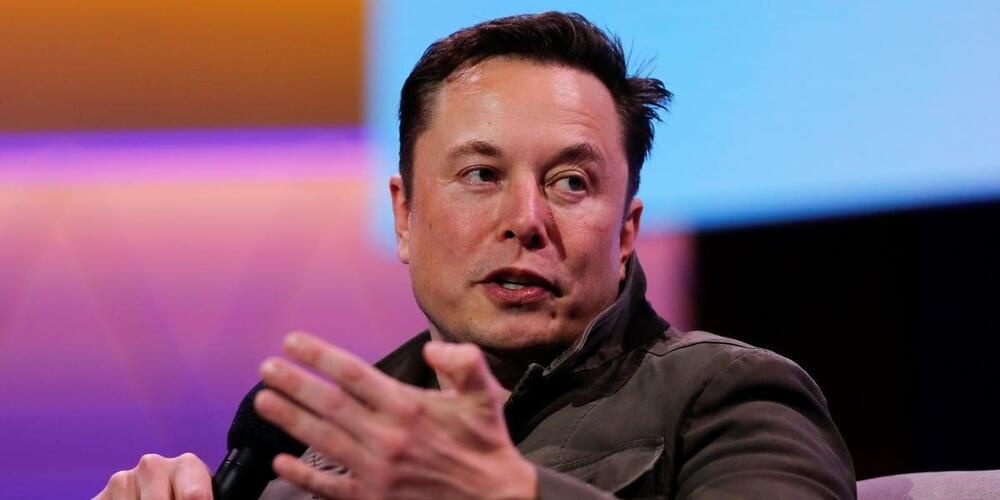$100 million from IBM to help develop quantum-centric supercomputer; $50 million from Google to support quantum research and workforce development.
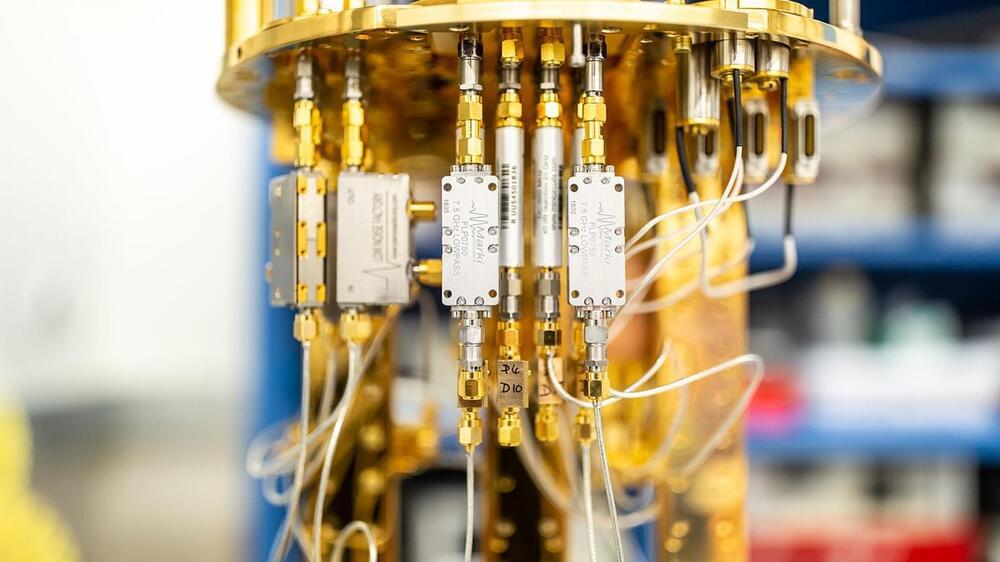


At a virtual event this morning, Meta lifted the curtains on its efforts to develop in-house infrastructure for AI workloads, including generative AI like the type that underpins its recently launched ad design and creation tools.
It was an attempt at a projection of strength from Meta, which historically has been slow to adopt AI-friendly hardware systems — hobbling its ability to keep pace with rivals such as Google and Microsoft.
“Building our own [hardware] capabilities gives us control at every layer of the stack, from datacenter design to training frameworks,” Alexis Bjorlin, VP of Infrastructure at Meta, told TechCrunch. “This level of vertical integration is needed to push the boundaries of AI research at scale.”
This simulation models a huge number of atoms in detail with the help of artificial intelligence.
By Alex Wilkins
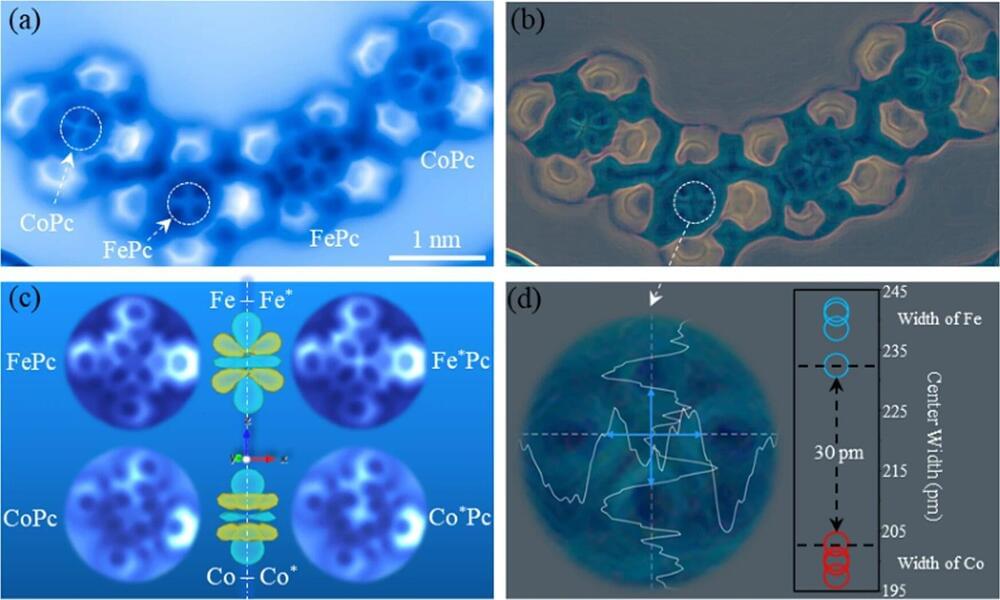
Something not musk:
No one will ever be able to see a purely mathematical construct such as a perfect sphere. But now, scientists using supercomputer simulations and atomic resolution microscopes have imaged the signatures of electron orbitals, which are defined by mathematical equations of quantum mechanics and predict where an atom’s electron is most likely to be.
Scientists at UT Austin, Princeton University, and ExxonMobil have directly observed the signatures of electron orbitals in two different transition-metal atoms, iron (Fe) and cobalt (Co) present in metal-phthalocyanines. Those signatures are apparent in the forces measured by atomic force microscopes, which often reflect the underlying orbitals and can be so interpreted.
Their study was published in March 2023 as an Editors’ Highlight in the journal Nature Communications.
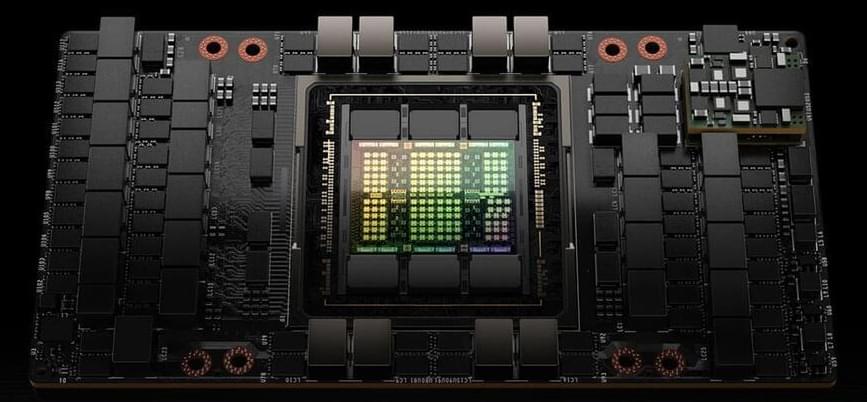
In case anyone is wondering how advances like ChatGPT are possible while Moore’s Law is dramatically slowing down, here’s what is happening:
Nvidia’s latest chip, the H100, can do 34 teraFLOPS of FP64 which is the standard 64-bit standard that supercomputers are ranked at. But this same chip can do 3,958 teraFLOPS of FP8 Tensor Core. FP8 is 8 times less precise than FP64. Also, Tensor Cores accelerate matrix operations, particularly matrix multiplication and accumulation, which are used extensively in deep learning calculations.
So by specializing in operations that AI cares about, the speed of the computer is increased by over 100 times!
A massive leap in accelerated compute.
Advancing Nuclear Energy Science And Technology For U.S. Energy, Environmental And Economic Needs — Dr. Katy Huff, Ph.D. — Assistant Secretary, U.S. Department of Energy Office of Nuclear Energy, U.S. Department of Energy.
Dr. Kathryn Huff, Ph.D. (https://www.energy.gov/ne/person/dr-kathryn-huff) is Assistant Secretary, Office of Nuclear Energy, U.S. Department of Energy, where she leads their strategic mission to advance nuclear energy science and technology to meet U.S. energy, environmental, and economic needs, both realizing the potential of advanced technology, and leveraging the unique role of the government in spurring innovation.
Prior to her current role, Dr. Huff served as a Senior Advisor in the Office of the Secretary and also led the office as the Principal Deputy Assistant Secretary for Nuclear Energy.
Before joining the Department of Energy, Dr. Huff was an Assistant Professor in the Department of Nuclear, Plasma, and Radiological Engineering at the University of Illinois at Urbana-Champaign where she led the Advanced Reactors and Fuel Cycles Research Group. She was also a Blue Waters Assistant Professor with the National Center for Supercomputing Applications.
Dr. Huff was previously a Postdoctoral Fellow in both the Nuclear Science and Security Consortium and the Berkeley Institute for Data Science at the University of California — Berkeley. She received her PhD in Nuclear Engineering from the University of Wisconsin-Madison and her undergraduate degree in Physics from the University of Chicago. Her research focused on modeling and simulation of advanced nuclear reactors and fuel cycles.
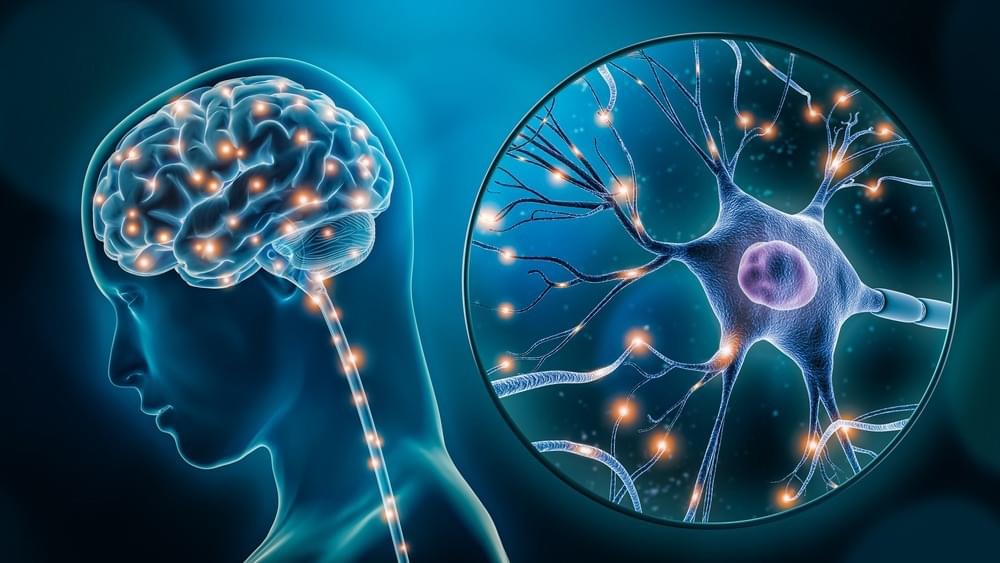
Defining computational neuroscience The evolution of computational neuroscience Computational neuroscience in the twenty-first century Some examples of computational neuroscience The SpiNNaker supercomputer Frontiers in computational neuroscience References Further reading
The human brain is a complex and unfathomable supercomputer. How it works is one of the ultimate mysteries of our time. Scientists working in the exciting field of computational neuroscience seek to unravel this mystery and, in the process, help solve problems in diverse research fields, from Artificial Intelligence (AI) to psychiatry.
Computational neuroscience is a highly interdisciplinary and thriving branch of neuroscience that uses computational simulations and mathematical models to develop our understanding of the brain. Here we look at: what computational neuroscience is, how it has grown over the last thirty years, what its applications are, and where it is going.

AI is having its moment on tech earnings calls for the second consecutive quarter, following the widely popular launch of OpenAI’s ChatGPT in late November. But not every company has the same plans for the new technology.
Nvidia (NVDA) is selling AI powered supercomputers. Microsoft (MSFT) is integrating ChatGPT into its search engine to compete with Google (GOOGL), which has its own AI searchbot.
Meta’s approach is slightly different. The core business for Meta since the early days of Facebook has been advertising sales, which still account for 98% of the company’s quarterly revenue. So naturally, enhancing advertisements with AI is where Meta believes the new technology can be most impactful.

Humanity has had a sustained human presence in space for decades now. Traveling the world can be done in mere hours, and each of us carries within our pockets a supercomputer that is linked to all of human knowledge. Our fingertips are now more powerful than the kings or queens of centuries past. For all of our flaws and challenges, we live in the protopia today.
Not dystopia, not utopia, but something else.
